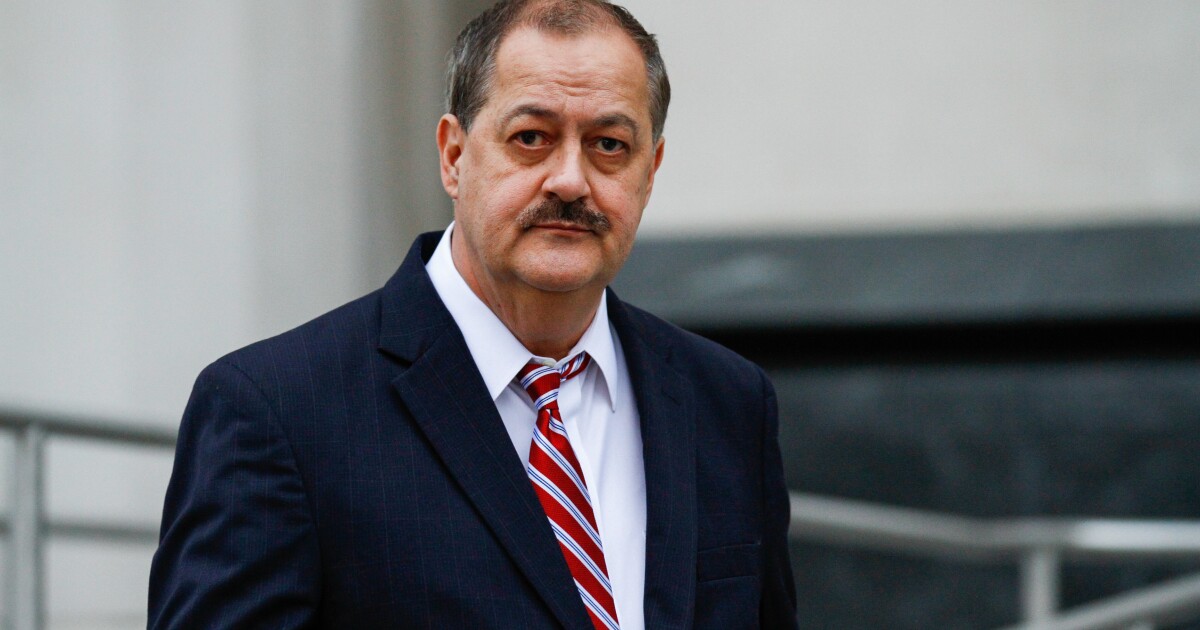

The Supreme Court revealed on Tuesday it would not hear an appeal from coal executive Don Blankenship, who sued several major media companies for defamation after they referred to him as a “convicted felon” after he was convicted of a misdemeanor.
Blankenship filed a petition with the Supreme Court in May against NBCUniversal, Fox News, CNN, and other outlets seeking to overturn a 1960s-era ruling establishing an “actual malice standard” for the media.
ISRAEL WAR: FACT-CHECKING WHITE HOUSE TALKING POINTS ON IRAN AND HAMAS
Blankenship was indicted in 2014 on multiple felonies but was found guilty of one misdemeanor, conspiracy to violate federal mine safety laws and regulations, and acquitted of all other charges.
Attorneys for Blankenship, a Republican who sought to challenge Sen. Joe Manchin (D-WV) in 2018, wrote that the outlets “derailed [his] candidacy” by publishing the inaccurate information that he was convicted of a felony.
Blankenship “has never been convicted of a felony. The damage was irreparable,” his attorneys wrote.
Citing the 1964 ruling in New York Times Co. v. Sullivan, Justice Clarence Thomas issued a concurring opinion saying he agreed with the court’s decision not to take up Blankenship’s case because his claims were also “independently subject to an actual-malice standard as a matter of state law.”
However, Thomas, who has long opposed the New York Times decision, reiterated his interest in taking up a case that would revisit the “actual-malice standard” the court established in the case.
That standard required a public official to prove that a media outlet acted “with knowledge that [information it published] was false or with reckless disregard of whether it was false or not.”
“The actual-malice standard comes at a heavy cost, allowing media organizations and interest groups ‘to cast false aspersions on public figures with near impunity,'” Thomas wrote, contending that the ruling did not adhere to the original meaning of the First Amendment.
The order rejecting Blankenship’s case came among several cases the Supreme Court denied taking up on Tuesday.
CLICK HERE TO READ MORE FROM THE WASHINGTON EXAMINER
In a loss for the vaping industry, the court declined to take up a case challenging the Food and Drug Administration’s authority to deny applications from flavored e-cigarette companies in the name of public health.
The court also decided not to hear a petition from 11 red states challenging the Biden administration’s estimated “social costs” of greenhouse gas emissions, which they argued were “enormous” and would “lead to comparable increases in regulatory burdens.”





